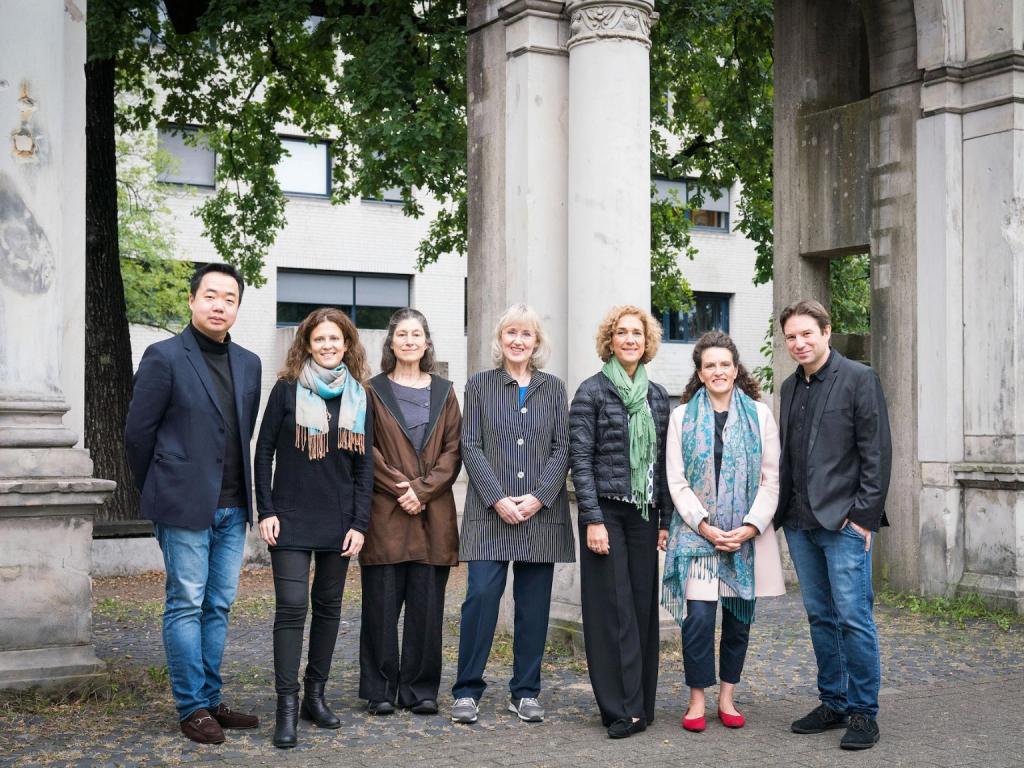Recently, quite a few managers and opera directors have also found their way in competition juries.
Yes! Again, they will have a completely different perspective and will listen differently. But at the end of the day, I think, it should be the musicians who decide. It´s already a very stressful business for the competitors, and to have managers in the jury who look at an artist from a business point of view puts even more pressure on the performers.
Yesterday, when you announced the finalists on stage, you mentioned that it had been a very difficult selection.
I thought that it was good for the competitors to know that we were not all of the same opinion. In the end, it’s a democratic result, reflecting many different priorities in the jury. The jury should be transparent and fair, not act as if they were at a tribunal. But that is much easier to be said than done, because there is simply no objectivity in a jury: everyone has different opinions, everyone listens differently, everyone likes and dislikes different aspects of a player. You can decide a number of criteria, of course, but everyone looks at them differently.
Do you discuss the candidates in the jury?
There is no discussion on specific candidates, but of course you can sense some preferences just from how people react, how they look at others, roll their eyes, write a lot or very little, smile blissfully, applaud strongly or not at all….Personally, I asked musical questions every now and then, for example about vibrato in a certain piece. But what also matters was the kind of artist that the competition wants to find, as Oliver Wille and Antje Weithaas emphasized many times. It´s not about a perfect interpretation of a famous concerto. It´s about finding a mature, adult artist personality.
As a jury, I think you don´t simply judge a performance, you also have a responsibility for what happens later. The prize someone wins is not just a reward for what you´ve achieved in the past 10 days. It´s also something that gives a great boost to your career. But that boost doesn’t happen by itself- it’s a huge challenge. Sometimes you might not even be doing someone a favor by giving them an award right now- an award that comes with opportunities, but also expectations they might not be ready for. Sometimes a young artist needs encouragement, but also time. We had an age range from 16 to 31- this fact alone makes it really difficult!






